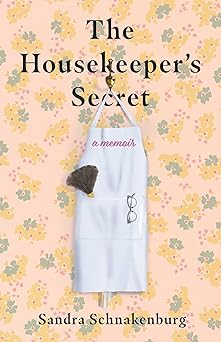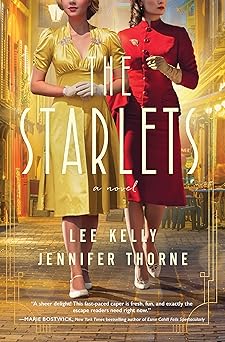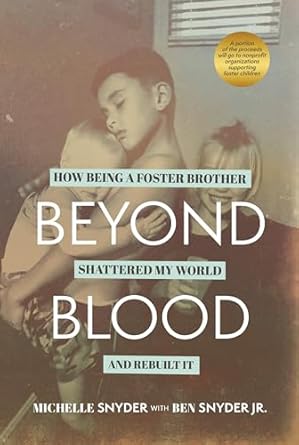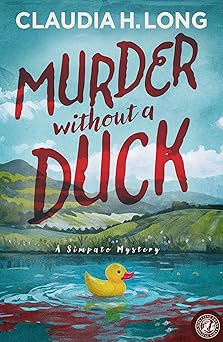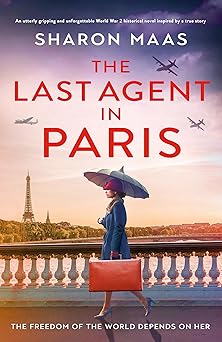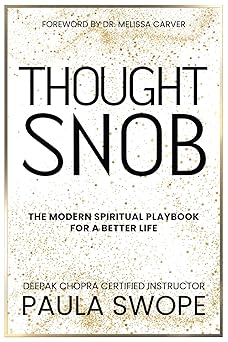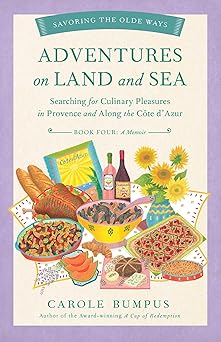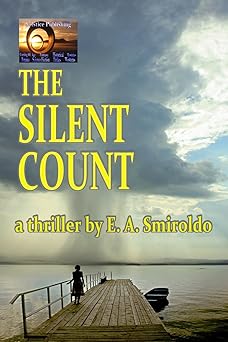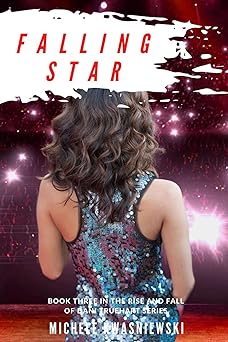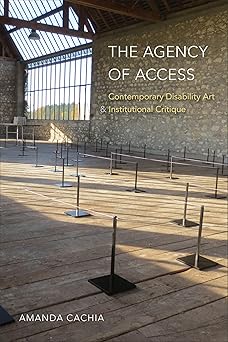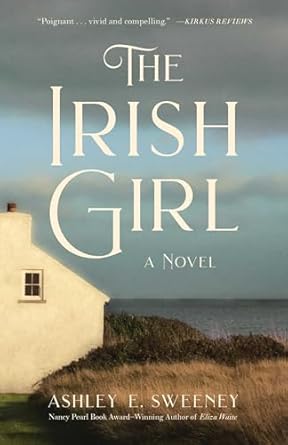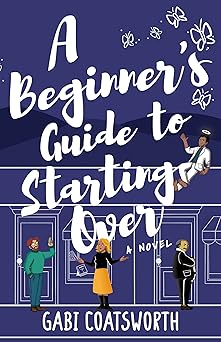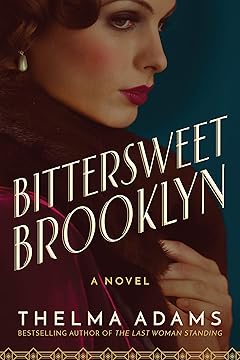Excerpt from Creativity: Where Poems Begin By Mary Mackey
Excerpt from Creativity: Where Poems Begin
By Mary Mackey
Introduction
Creativity emerges from a vast, wordless reality that is hidden in plain sight. Radiant, beautiful, benevolent, and infinite, it is the source of all ideas and inspiration. Contrary to popular myth, you do not have to suffer to create. There is a gentle path to creativity, one that does not involve alcohol, drugs, or a life lived in chaos and torment. Creativity: Where Poems Begin is not just about how poets get ideas for poems. It is about how moments of inspiration come to all of us.
Excerpt
Creativity: The Gentle Path
In 1971, I wrote over a hundred poems, but the price was high. Suffering, grief, loss, sadness, and despair shattered the barrier between my rational consciousness and the emotional, non-rational sources of my creativity. After I put those troubles behind me, I wanted to go on writing poetry, but I didn’t want to go on suffering. I had come to believe there might be another path to the source of my creativity, a gentle path that I would be able to follow without harming myself. Many things encouraged me to believe that such a path existed, so I examined accounts of how other people had contacted their sources of creativity.
The first writer I looked at was Marcel Proust, a man who seemed to contact his source primarily by accident. I was fascinated with Proust’s involuntary memories; but I wanted to be able to sit down in the morning, access the source of my creativity, and start writing.
The second group of people I considered were poets who used more aggressive methods. What I found was not the gentle path I was looking for, but what I came to call, for lack of any better name, “the path of intoxication.” So many great poets had lived miserable lives, ultimately drinking themselves to death or committing suicide. It was hard to think of another literary genre with so many victims.
Why had writing poetry taken such a toll? I suspected I knew at least part of the answer. In college, I had come across Rimbaud’s letter to Paul Demeny. “The poet,” Rimbaud argued, “transforms himself into a visionary by a . . . systematic derangement of all the senses. He seeks out all forms suffering, and folly . . . ”
For my purposes, the keywords in Rimbaud’s letter were “transforms himself into a visionary.” Rimbaud and other poets who followed the path of intoxication were trying to become visionaries by violently breaking down the barriers between their rational minds and the irrational sources of their creativity.
The path of intoxication was not going to work for me. I was convinced that living a sane, happy life was more important than becoming a poet.
I kept on looking, reread all my favorite mystical poets, examined religious rituals, explored the basic principles of yoga and self-hypnosis, and looked into accounts of the experiences of people who had taken LSD and other drugs. In some of these, I found bits of what I was looking for mixed with a lot of what seemed to me to be pure nonsense, but I attempted to withhold judgment.
Gradually, I began to piece together something I thought might work. The turning point came one morning, when the word “jaguars” burst into my mind accompanied by more words that seemed to flow effortlessly out of an unknown source.
It’s all there. No memory is ever lost. Everything that has ever happened to me from the moment I was born is stored away in my brain somewhere. I just need to find a way to get to it.
But what did jaguars have to do with this moment of revelation?
I sat back and thought it over. Not real jaguars. I realized. Imaginary jaguars. I’ve read that jaguars are the keys that unlock the dream world for the shamans of the upper Amazon. Maybe there’s a gate I can unlock. Not a real gate, but some long abandoned place in my brain that will open and admit me if I find the right way to approach it.
It took a long time to put it all together, but at last, I succeeded. Now, as I sit here with my eyes closed, holding my pen poised over a blank page, I am gently descending into the sources of my creativity using techniques I have borrowed, invented, or which have spontaneously created themselves.
This morning I have a specific goal in mind: I want to write a poem. Time passes.
After a while, ideas and images come bubbling up from the depths. A poem begins to form in my mind, not a complete poem, but the seed of something. It does not come in words. It comes as something else: partly memory, partly taste and scent, partly as a kind of brightly-colored movie that morphs into solid objects that in turn morph into abstractions.
Slowly the seed of this proto-poem sprouts and begins to blossom. I can feel words flowing through it, whispers too indistinct to make out, as if a great crowd has gathered to admire it. Is this a good poem? It doesn’t matter. Later, I will need to polish it, but at present, it only exists the way a breath exists.
I remind myself to remember. I do not want this fragile proto-poem to be like dreams, which I forget as soon as I wake.
For a moment, I hold the image in my mind. At last, I take a deep breath, open my eyes a little, and lower my pen to the blank page. The image turns. Shines now in its own light. Words crystalize around it and flow toward my fingers. I begin to write.
From Creativity: Where Poems Begin by Mary Mackey
Marsh Hawk Press Chapter One Series
At SPDBooks.org and Amazon.com
CREATIVITY: WHERE POEMS BEGIN
 Mary Mackey charts the paths of her own creativity as she tries to discover an entry point to the magical place where the seed of a poem starts to open.
Mary Mackey charts the paths of her own creativity as she tries to discover an entry point to the magical place where the seed of a poem starts to open.
A meditation on how the sources of creativity emerged from a vast, wordless reality and became available to a poet. As such, it is not only a memoir; it is an exploration of the power and process of becoming a poet. What is creativity? Where do creative ideas come from? What happens at the exact moment a creative impulse is suddenly transformed into something that can be expressed in words? To describe creativity is extraordinarily difficult because the moment of creation comes from a place where language does not exist and where the categories that determine what we see, hear, taste, and feel are not immediately present. In our daily lives we tend to live on the surface, unaware of the complexity and richness of what lies below.
Poetry creates itself, bubbling up from the depths until it reaches that part of our brains that transforms consciousness into words. Poetry chooses the poet. The poet did not choose it. This book is a journey to that place where all poems begin.
—
Mary Mackey, New York Times best-selling author, became a poet by running high fevers, tramping through tropical jungles, being caught in volcanic eruptions, swarmed by army ants, threatened by poisonous snakes, and reading. She is the author of 14 novels and 8 collections of poetry including THE JAGUARS THAT PROWL OUR DREAMS, winner of the 2019 Eric Hoffer Award for the best book published by a small press.
Find out more about Mary on her website https://marymackey.com/
Category: How To and Tips




